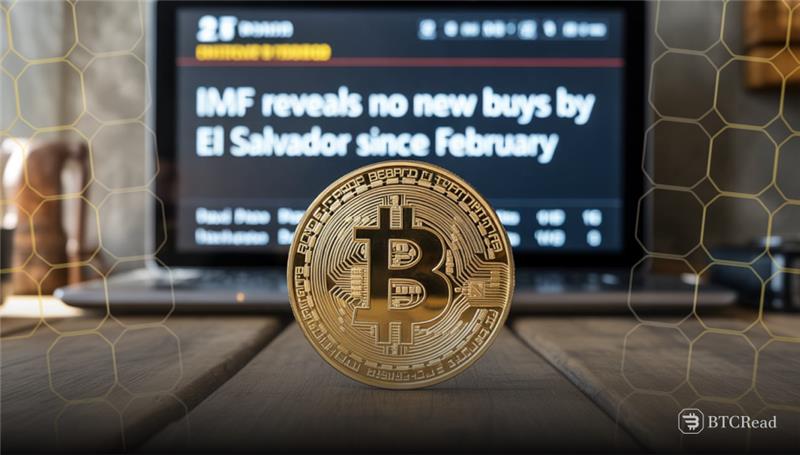El Salvador has not bought any new Bitcoin since February 2025. The International Monetary Fund confirmed this in its latest a. A letter from the country’s central bank and finance ministry supported the claim. Officials said the rise in reserves came from wallet consolidation, not fresh purchases.
However, the IMF review notes that these steps merely move Bitcoin that is already under government control. The official letter accompanying the IMF review notes that the stock of Bitcoin under government control does not change. This was agreed upon by financial authorities as well as the central bank.
Bitcoin reserves rise without new purchases
They also granted access to the IMF to all Bitcoin addresses that belong to the general public. Bukele also proceeded to urge active purchases of Bitcoins. His comments tend to aim at offering assurances of the government’s interest in the digital currency.
He once stated his nation would continue acquiring Bitcoin even as it was under IMF review. There has been no adjustment in his statements even when he had access to a $1.4 billion loan from the fund. The IMF report has a note referring to the increase in BTC holdings. It stated that it was due to consolidating Bitcoin that was being held in various wallets.
That is, it never invested fresh funds to acquire further holdings. It only transferred funds from one place to another. There still exist some crypto believers who believe Bukele’s tale. They reference blockchain records showing day-to-day Bitcoin exchanges.
El Salvador faces Bitcoin transparency issues
They all end up with reputable wallets like Binance or Bitfinex. But the IMF denies that any new purchase was made. The discrepancy raised eyebrows due to confusion. Bukele’s Office of Bitcoin is yet to release a response to the report.
Regulators also persist in requesting a requirement for a day’s stacking. Direct IMF access together with data opposes that. El Salvador’s bitcoin plan is further damaged. IMF intervention reveals that international oversight.
That has the potential to subject national crypto regimes to a stress test. To the extent that Bukele’s popular persona is built on BTC zealotry, public records indicate a more subdued reality. The state’s crypto future remains controversial internationally and domestically for the time being.







